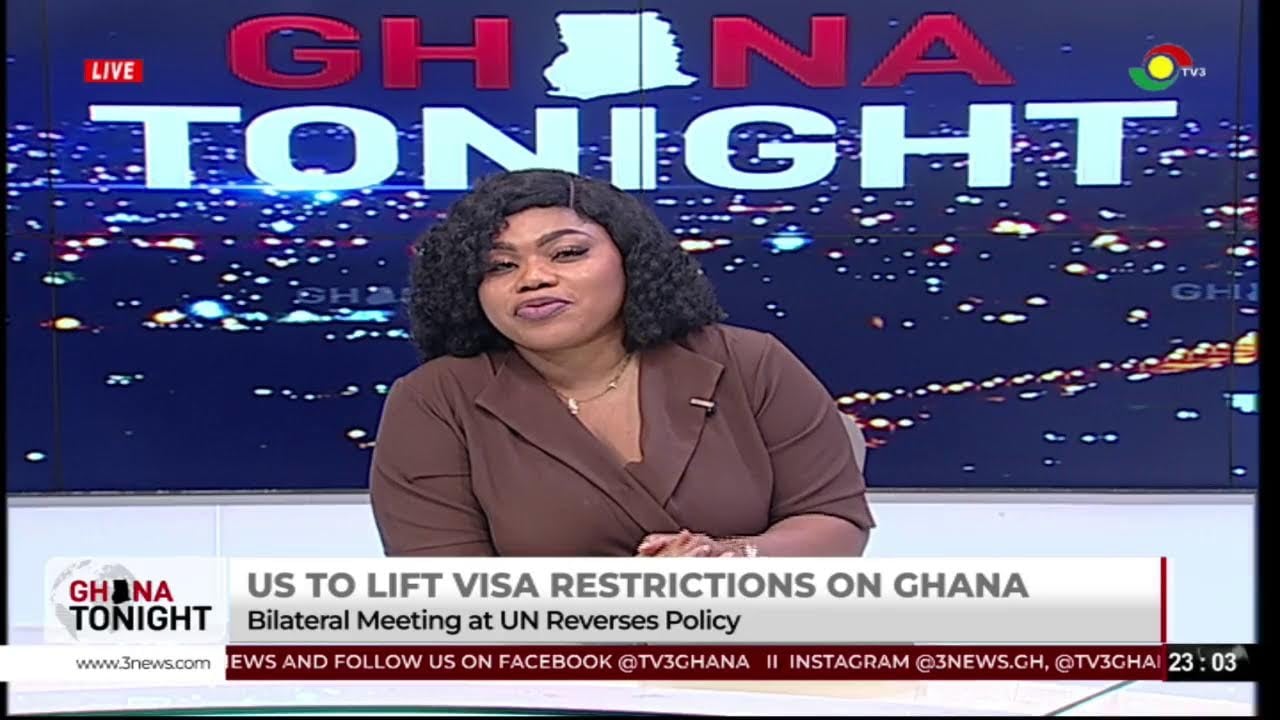
High blood pressure, or hypertension, is when your blood puts too much force on your blood vessels. Over time, the high pressure can cause other health problems.
Blood pumping through the circulatory system is under pressure, much like the water in the pipes of a house. And just as too much water pressure can damage pipes and faucets, elevated blood pressure can spell trouble for your body.
How common is high blood pressure?
High blood pressure is a big problem in both men and women. About 1 in every 2 adult Americans have high blood pressure. Many more are at a risk of it. High blood pressure is especially dangerous because you can have it for years without knowing.
Despite these gloomy statistics, high blood pressure is not inevitable. There’s plenty you can do to prevent, delay, and treat the condition.
High Blood Pressure Causes and Risk Factors
Blood pressure usually rises with age. Your risk of high blood pressure begins to climb when you hit age 45, although it can happen when you’re younger. Black people tend to get it at younger ages and often have worse hypertension.
High blood pressure risk factors
Many factors can lead to high blood pressure. Your diet plays a role. Too much salt, too little potassium, and too much alcohol have all been found to raise the risk of high blood pressure. Too much stress and too little physical activity both raise the danger of developing high blood pressure, as does being overweight or obese. And as with many chronic illnesses, high blood pressure tends to run in families, suggesting that genetics plays a role.
If you eat foods high in salt, or use medications like nonsteroidal anti-inflammatory drugs (such as ibuprofen and aspirin) or decongestants, you also have a higher risk of high blood pressure. Illegal drugs like cocaine also can raise blood pressure.
High blood pressure and other health conditions
In some people, high blood pressure is related to other medical problems or can be a side effect of certain drugs. This form of the disease is called secondary hypertension because it happens secondary to other medical conditions.
Different conditions can make your blood pressure more likely to go up, including:
- Heart problems that affect your blood vessels
- Adrenal gland disorders
- Kidney problems
- Sleep apnea
- Thyroid disease
- Illegal substance use, such as cocaine or amphetamines
High blood pressure and medications
Some medicines that may raise blood pressure include:
- Birth control pills
- Cold or allergy medicine
- Over-the-counter pain relievers with caffeine
Some prescription drugs also make high blood pressure more likely. Ask your doctor if any medicines you’re taking may come with more risk of high blood pressure.
High Blood Pressure Diagnosis
High blood pressure is usually diagnosed using the familiar blood pressure test that involves a cuff wrapped around the upper arm. The cuff is inflated and then sensors measure the pressure of blood beating against your arteries.
Understanding your blood pressure readings:
Systolic blood pressure. This first number measures the pressure of your blood against your arteries when it beats.
Diastolic blood pressure. This second number measures the pressure when your heart is resting between beats.
Interpreting your blood pressure measures:
Normal: Your blood pressure is normal when it’s less than 120 over less than 80.
Elevated: Your blood pressure is elevated if the first number is 120-129 and the second number is less than 80.
Stage 1 hypertension: You have stage 1 hypertension if the first number of your blood pressure is 130-139 and the second number is 80-89.
Stage 2 hypertension: You have stage 2 hypertension if the first number is 140 and the second number is 90 .
Hypertensive crisis: Your blood pressure reading is a number greater than 180 over a number greater than 120.
Signs of High Blood Pressure
High blood pressure doesn’t usually show any signs. The only way to know for sure if your blood pressure is high is by having it checked. It’s a good idea to watch it over time if you think you have high blood pressure or may be at risk.
If your blood pressure is very high, you may have signs including:
- Headaches that are severe
- Pain in your chest
- Feeling dizzy
- Trouble breathing
- Nausea or vomiting
- Vision changes or blurred vision
- Anxiety
- Confusion
- Buzzing sound in your ears
- Nosebleeds
- Abnormal heartbeat or rhythm
- When to get immediate help
- Your doctor may consider your blood pressure high if you get a high reading at least twice. If yours is 180/120 or higher, that’s a hypertensive crisis. You need to get medical attention right away.
Credit: webmd
The post What Is High Blood Pressure? appeared first on The Ghanaian Chronicle.
Read Full Story











Facebook
Twitter
Pinterest
Instagram
Google+
YouTube
LinkedIn
RSS